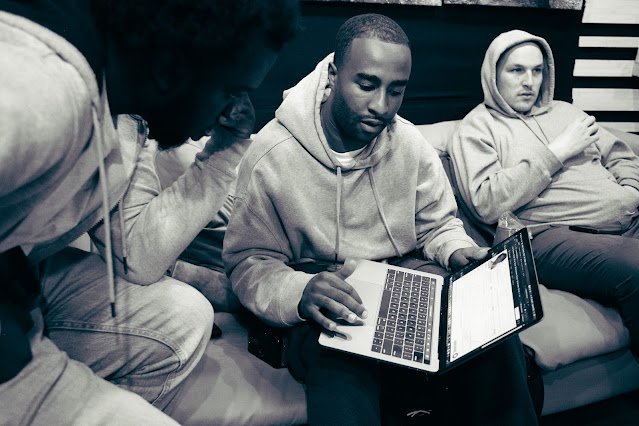Being A Consumer and Fake Media
Consumption Habits
Three Main Sources
Every source of information comes with its own set of pros and cons. Since all content is created by humans, bias is inevitable. Knowing this, I make it a habit to verify cited sources and conduct independent research to fully form my opinion.
Independent Journalists
Independent journalists are my primary source of information, as I consider them the most reliable. Their work is often free from government influence and corporate interests. For instance, I frequently read articles from NPR. NPR is transparent about its reporting, consistently citing its sources and providing context. Although no outlet is entirely unbiased, I value NPR’s efforts to present diverse perspectives and voices in their articles.
Forum Posts
Forums are my second most trusted source of information. I often use Reddit, which features dedicated forums for discussing a wide range of topics, from gardening to current events. Forums are valuable for their real time updates and diverse viewpoints, often contributed by both self proclaimed experts and individuals with interest in the topic. These posts are then archived and are a good source to see public opinion on topics. However, not all posts are reliable, so it’s essential to critically evaluate the information shared and not take it as face value since it is not a news source.
Word of Mouth
Word of mouth ranks as my least reliable source of information. If I were to create a tier list it would go into the F category. It carries a high risk of details being distorted, whether intentional or unintentional, as information is passed along. Trusting word of mouth requires confidence that the person sharing the information has thoroughly fact checked it. From experience, I’ve noticed that this information is often filtered through the speaker’s personal biases, making it less dependable in my opinion.
Fake News and Deep Fakes
Fake news and deep fakes are particularly troubling to me. They have already profoundly impacted society, shaping public opinion, politics, and culture. In our current complex digital landscape it is has become increasingly challenging to distinguishing truth from fabrication.
In the social science courses I have taken, fake news and deep fakes are frequently discussed. These conversations are vital to help us recognize misinformation and understand its potential political and cultural repercussions. Media literacy is more important than ever in navigating these unique challenges effectively.
Conclusion
Cheers!
Sam



Comments
Post a Comment